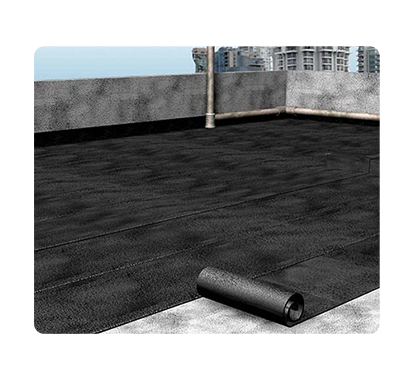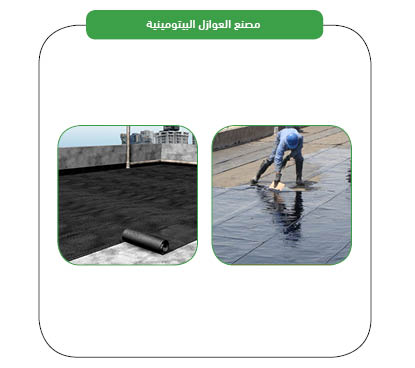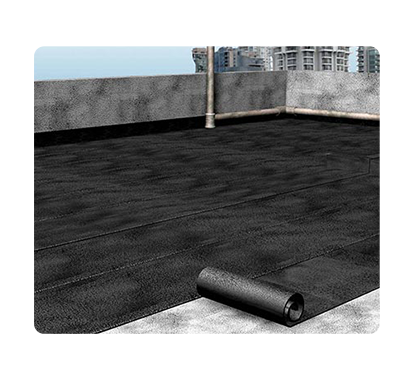mashroo3k Consulting offers a comprehensive feasibility study for an insulation materials factory project in Saudi Arabia, ensuring the highest profitability and the best payback period through detailed studies of the Saudi industrial sector, analysis of competitors’ strategies, and the provision of competitive pricing offers.

The insulation materials factory manufactures bitumen products, also known as asphalt or tar. Bitumen products are used in paving streets, making varnishes and inks, and protecting underground pipelines. Bitumen products are used in insulating floors and roofs of houses to prevent water leaks. Bitumen or asphalt is a solid material, but it quickly becomes liquid when exposed to heat.
Mashroo3k Consulting Company provides investors wishing to invest in an insulation materials factory in Saudi Arabia with: A range of specialized feasibility studies. It is based on up-to-date databases specific to the Saudi market. What makes a project successful. and maximize profitability. and the best payback period. The factory targets contracting and construction companies, real estate investment companies, construction and building sites, water and electricity networks, sewage networks, liquid and gas transportation networks, and rainwater networks.



Executive summary
Study the project’s services/products
Studying the market size
Risk study
Technical study
Financial study
Organizational and management study

The Kingdom of Saudi Arabia has paved the way for development with its ambitious Vision 2030, which aims at economic diversification, the renaissance of non-oil sectors and increasing the contribution of the private sector to GDP, and this can only be achieved through the renaissance of industry and mining as two main tributaries in major economies, and the Kingdom is determined to increase their participation in its GDP by about 15%. When talking about industry in the Kingdom, it should be noted that it was not born out of the moment, but rather it has been extended and rooted since the discovery of oil in the Kingdom in the late thirties of the last century. Over the decades, the Kingdom spared no effort to develop its industry; it established the Industrial Development Fund (1974), the Royal Commission for Jubail and Yanbu (1975), and SABIC in 1976. The roles and tasks undertaken by these institutions and the programs they worked on to grow the industrial sector and develop its performance and working mechanisms are no secret to anyone. As a result of the efforts exerted years ago in this direction, the number of factories in the Kingdom today has increased to more than 10,000 factories. We, Mashroo3k , believe in the importance of the industrial sector and its role in driving the economy, so we will present its most important indicators below so that anyone wishing to invest in it can be aware of them:
